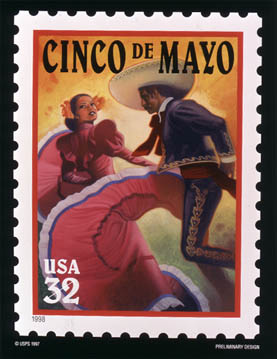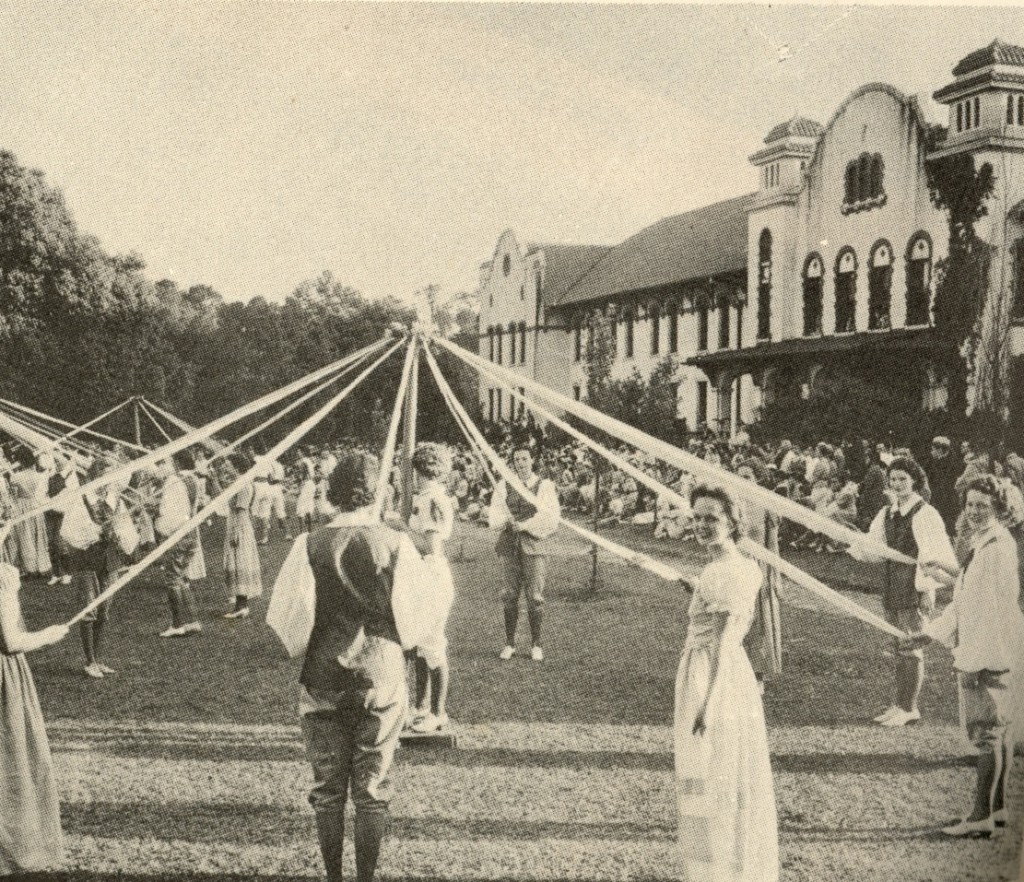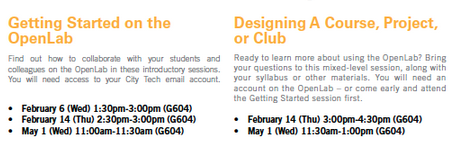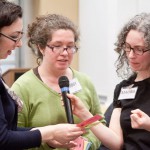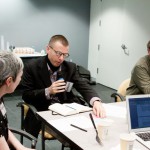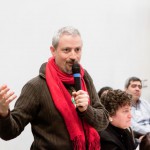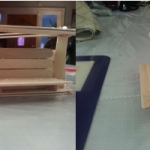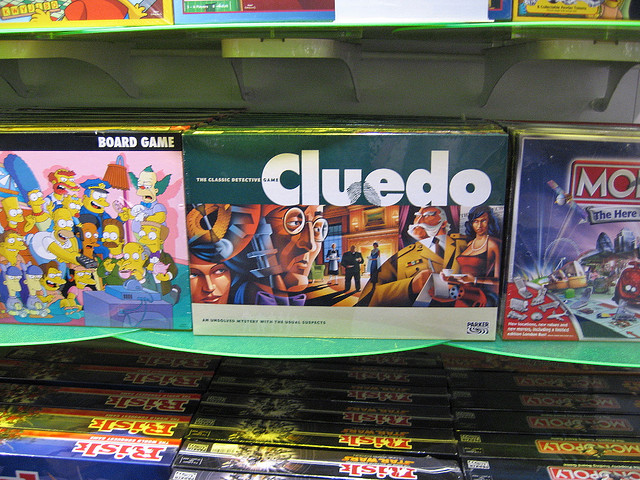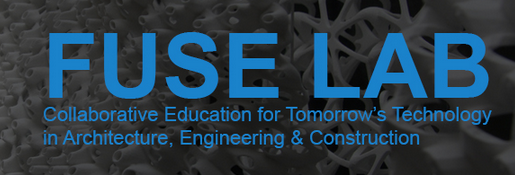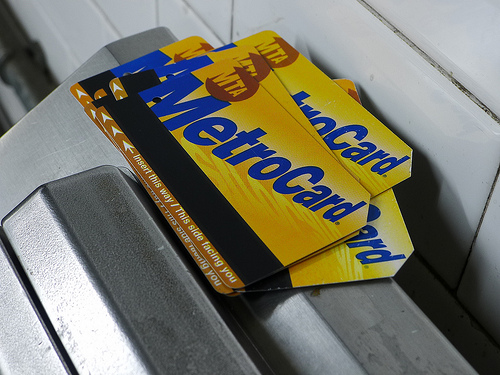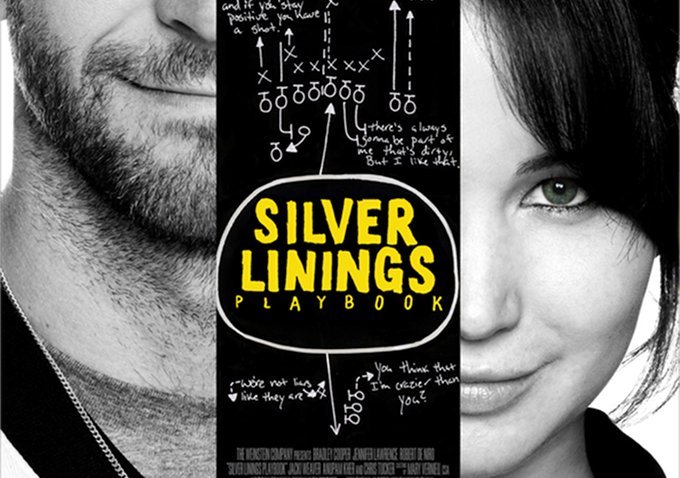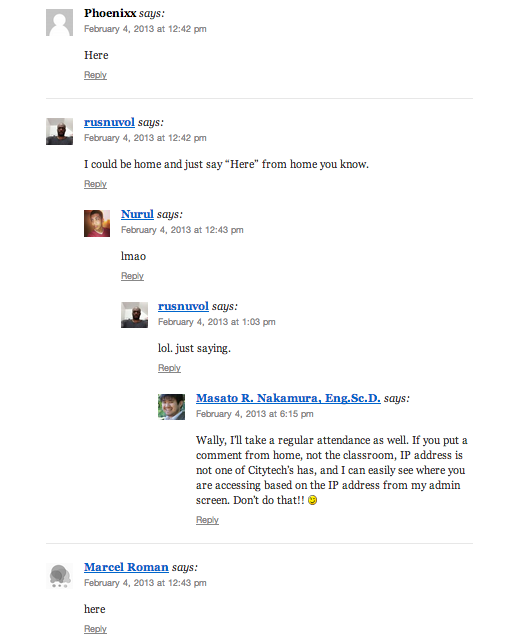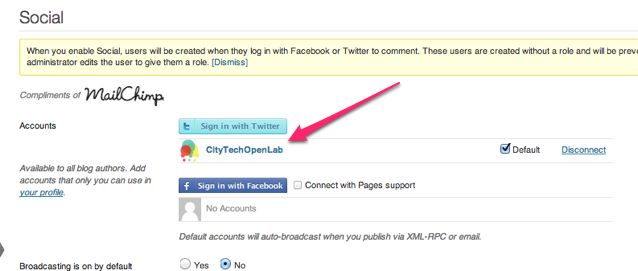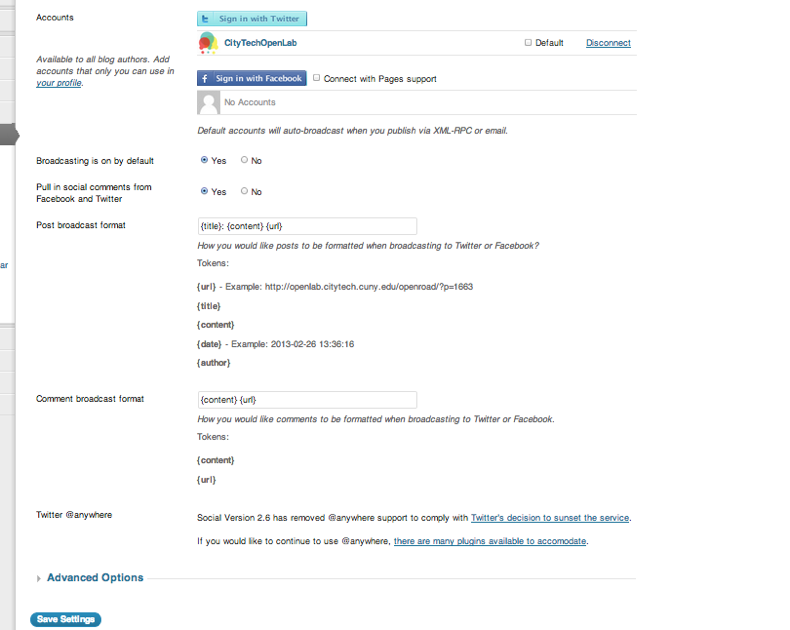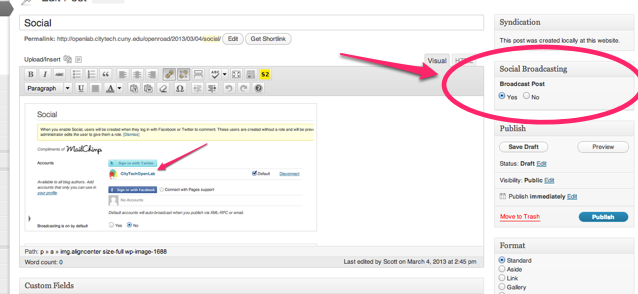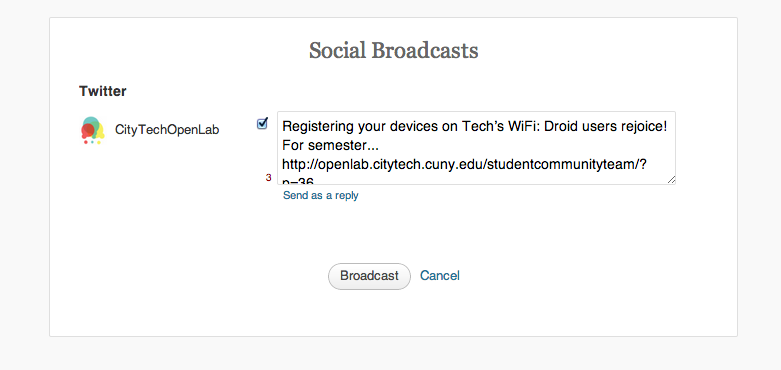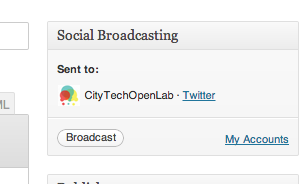(image originally uploaded by Eric Shalov via Creative Commons License)
Hope you had a wonderful Cinco de Mayo! As the term winds down, a few things, one of which we could very much use your thoughts on…
_________________
Featured Request: What Would You Like From a Grader?
In our ongoing efforts to make the OpenLab the best teaching and learning platform it can be, The OpenLab team is in the middle of evaluating grading options, including the feasibility of creating a tool to support grading. We’re asking for your help in determining the community needs, and the bet way to meet them. We’d love your general thoughts, but here are some specific questions:
a) What do you currently use for grading? (Blackboard, spreadsheet, another tool?)
b) What do you like about your current tool? What don’t you like?
c) What are the minimum features you would need in a grading tool on the OpenLab?
d) In your dream world, what features would you like to see?
e) Any other input you would like to provide?
We’re also evaluating our current grader, the KB gradebook. If you have used it, either here on the OL or in other settings, we’d love to hear what you think, what issues you might have had, what you like about it, etc.
Leave a comment below, or contact us here anytime. We greatly appreciate your help and look forward to seeing your feedback!
_________________
Featured Features: New Plug-Ins
(photo by Qurren (talk) via creative commons license)
If you’ve visited the Plug-Ins page in your site’s dashboard, you might have noticed there are some new plug-ins available, including Easy Table, a convenient way to add a table to any post or page. We’ll have a tutorial for it in the coming weeks, but for now just know that there are always improvements happening to the OpenLab: some you’ll notice, some that just make the site work better. Feel free to ask questions about anything new you see, and know that we’ll have updates and tutorials on all of it in time for the summer sessions.

